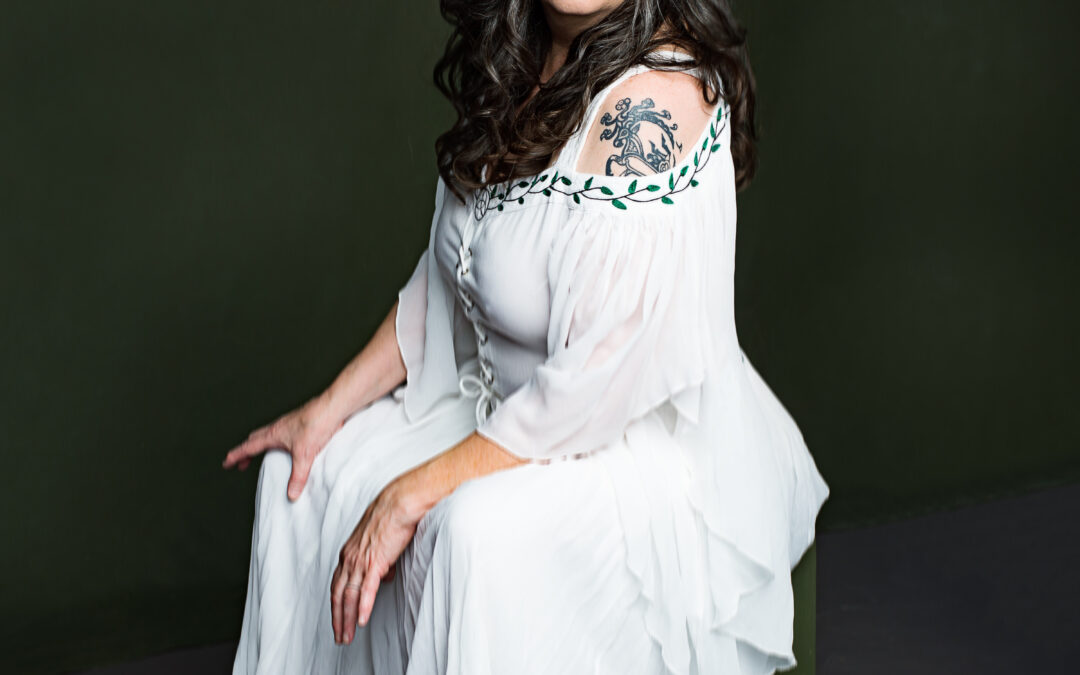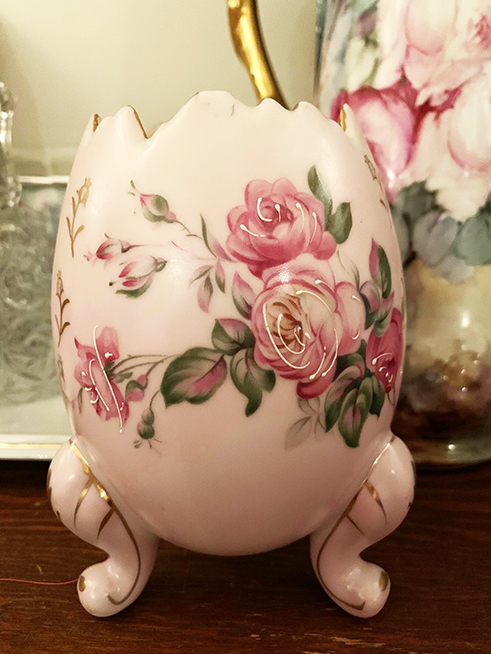I choose to approach this post as if Thecla was a real person (as was Paul) and that her story really happened even though there is speculation that indicates otherwise. The Yale professor, Dale B. Martin from his Lecture, “The “anti-household” Paul,” indicates that the “The Acts of Paul and Thecla” follows the story format of the Collective Greek Novels as edited by Reardon. He outlines that there are themes from romantic love as in jealousy, unrequited love, and beauty in nudity to name a few. However, it may be that the story is written that way just for the fact that is how stories were written in that time period. This is comparable to how movies are made in different decades today. It doesn’t change the fact that the movie is based partly or wholly on a real story. It’s a style choice dictated by the time in which it became widely known or it became widely known because of its style. To me, the fact that Thecla is written in the style of those stories, speaks more to its authenticity. As I mentioned in my article about the mother, many myths have elements of truth. So, the fact that the story is written like a novel of that time, doesn’t discount its authenticity.
For a while I was following the folks who read the Talmud. It seemed to me that there were always two viewpoints, or interpretations of scripture. One learned rabbi would interpret one way and another the other way. It is in this way of teaching that one is able to develop critical thinking skills. Professor Martin also had another video lecture with an interpretation of Paul, “The Household” Paul. The fact that two such different versions of Paul exist makes me feel that both these stories may have been used for teaching. Within these two stories the truth of Paul may lay somewhere in between. Although Professor Martin does lay out an argument that indicates that scripture, namely 1 and 2 Timothy, may have been written at a much later time and not really reflective of Paul at all because his writing style is very different from the letters of Paul. Also, his dictates about the household are more heavy-handed as in lacking a certain reciprocity in relationships. But I don’t want to get to far down that rabbit hole. I just felt that it was important to validate the text containing Thecla.
About the content, this is a significant and very important story about the empowerment of women. Paul as a weak figure in this story is very much in line with how I believe a man would have behaved in this instance. Many men are willing to state that women should have equal rights. They may advocate and preach about it. But, when it gets hard, they retreat. Paul’s behavior aligns closely to this macho motto: “when the going gets tough, the tough get going.” When Paul states in 7:3 “I do not know the woman of whom you speak, nor is she mine.” It is exactly this hard boundary that I find with male advocates today. Whenever there is hard pushback, meaning their own position or freedom is threatened, men run away and deny alliance. (If at this point, anyone is inclined to list all the powerful male advocates in the women’s movement and what they have actually given up in position, money or freedom for their views and advocacy, I’m listening.)
Thecla reminds me of every woman, myself included, who seek to have a voice. Things may happen to show her that she doesn’t need to be validated to be powerful or even heard, yet she still seeks the validation. I believe it was probably true that a lioness protected her in the ring. This is because I know that healers and spiritual people pray and meditate themselves into very calm states. These states have even been measured scientifically. When I meditate, my dogs literally pass out. So, in 9.2 where it says, “and a ferocious lioness charged her and lay down at her feet.” I can imagine that a very stressed lioness felt such utter calm vibes from Thecla that she was not going to let anything happen to that woman. Could the lioness even have been sourced from a former goddess temple and recognized the energy of a spiritual woman, a previously kind caretaker? So here is Thecla, calming wild beasts and still she seeks validation. All of it rings true.
I have many little stickies all thought the text of behaviors of people in this story that seem true in this dynamic of female equality struggles. I am someone who has studied behaviors as behavioral study is used to manage behaviors in autism. As some of you may recall, I am the mother of a son with autism and I’m also a peer advocate for other mothers of children with autism. When you study behaviors, you end up studying it everywhere. But because this paper will end up being several pages in length if I pointed out every single behavior that matches the scenario that I have laid out above, I will just leave my conclusion with the above two examples.
Links to references:
The Story of Thecla and Paul: link to text (one of many translations)








